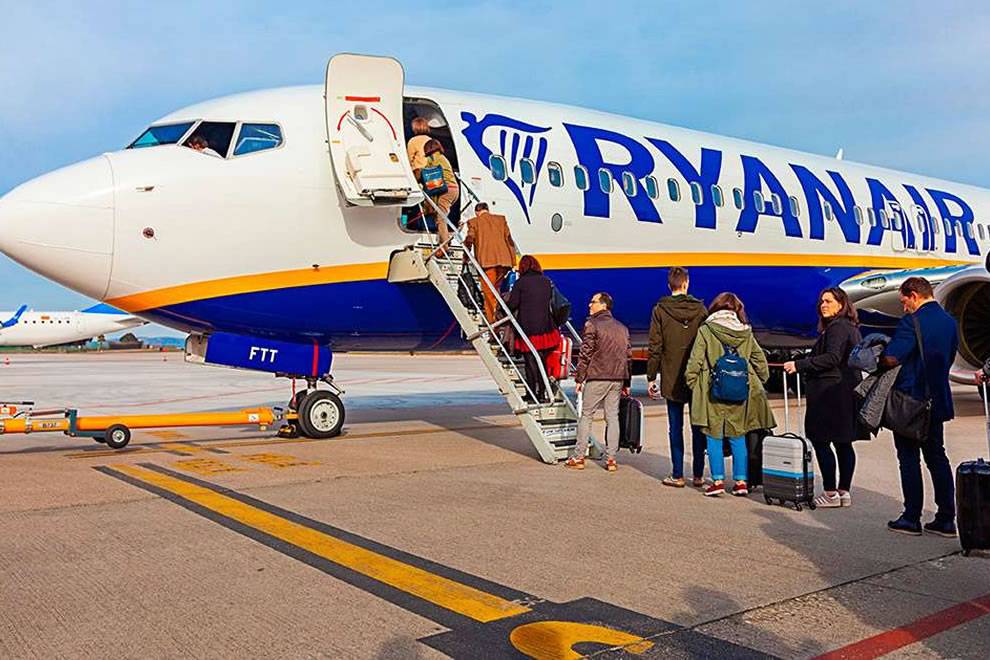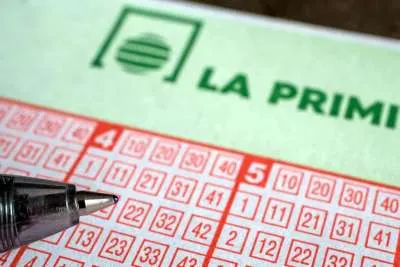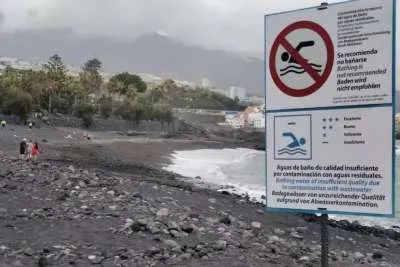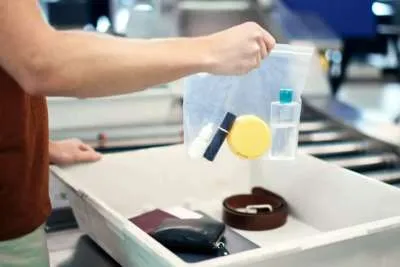Budget airlines fined €150m for ‘abusive’ cabin bag and seat charges
- 01-06-2024
- Travel
- Canarian Weekly
Four low-cost airlines have been hit with fines totalling €150 million by the Spanish government for policies that include charging passengers extra for cabin luggage. It’s the biggest sanction issued by the Spanish Government’s Ministry of Consumer Affairs, which sees easyJet, Ryanair, Vueling and Volotea penalised after an investigation launched last summer.
Under the judgment, they face being banned from charging passengers for cabin luggage in the future, as well as extra fees to reserve adjacent seats for children and other dependents.
The Spanish Airline Association (ALA), which represents the airlines, has hit back at the decision, calling the fines “disproportionate”, and saying that airlines could still appeal.
The general directorate of consumer affairs started an investigation in June last year after complaints by consumer organisations over “abusive practices” being deployed by the airlines. The investigation focused on four areas, which included charging extra for cabin luggage and seat selection.
It also looked at concerns around a lack of transparency by the airlines over the final price of services when booking online, and the decision to block cash payments at the airport for additional services, such as Ryanair charging passengers €20 to print boarding passes.
Facua, one of the consumer groups that filed the initial complaint, welcomed the decision, saying that it had been campaigning for six years to get the government to intervene.
However the ALA, which represents airlines carrying 85% of air traffic to and from Spain, said in a statement that the practice was completely legal and that European legislation recognised the freedom of airlines to set their fares.
It said: “Sanctioning this practice limits the option to pay only for essential services and would force all passengers to contract the cabin baggage transport service, even if they do not need it.
“The consumer will be the main victim of this interference by the Ministry of Consumer Affairs and Agenda 2030 in the European single market and the freedom of tariffs protected by European law.”
At this moment there isn’t any confirmation of the financial amounts each company has been asked to pay
Other articles that may interest you...
Trending
Most Read Articles
Featured Videos
TributoFest: Michael Buble promo 14.02.2026
- 30-01-2026
TEAs 2025 Highlights
- 17-11-2025































































